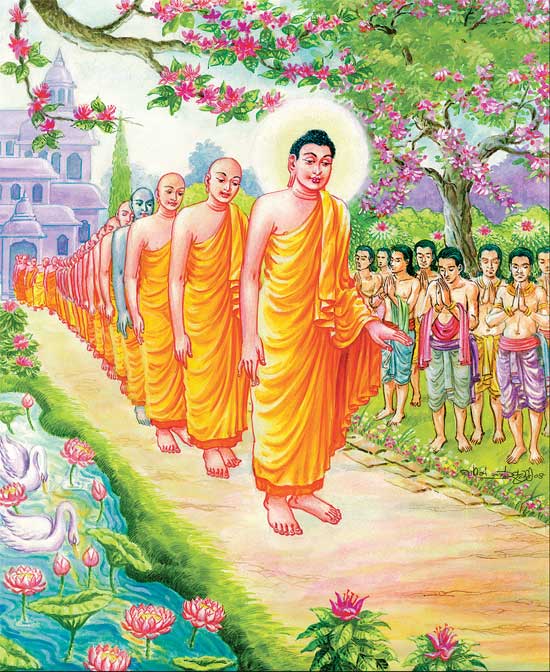7 Ways to Deal with Annoying People and Still Get Things Done
 1. Listen.
1. Listen.
A lot of conflicts are based in misunderstandings, so always make sure you’re getting everything, It can be easy enough to tune someone out when they annoy you; the trick is to use careful questioning to focus the other person on the topic at hand so they give you what you need and avoid straying too far. Poor listening leads to misunderstandings that need clarification – which means more time spent with someone you’d really rather not be around.
2. Repeat everything.
Besides the tendency to tune out people you’d rather avoid, our feelings about another person can color our perception of what they’re saying. To avoid this, repeat back any instructions, questions, or other problems they pose to you to make sure you absolutely understand what they’re saying. Give them a chance to correct you before you go off half-cocked, sure you know what “that kind of person” wants.
3. Keep your cool.
It’s tempting to want to argue with people who rub you the wrong way, or to lose it and start pointing out their faults. Don’t do that! Unless they’re wrong about something that directly and materially affects you, don’t bother – starting a debate or, worse, an argument will only prolong your agony – and neither of you is likely to change your mind. Save the debates for when you’re with friends whose opinions matter to you.
4. Be clear about boundaries.
You don’t have to be friends with everyone. Which means you don’t have to do favors for everyone who asks. If someone’s encroaching on your time, simply tell them, “I’m sure this is important to you but it simply isn’t a priority for me right now. I really need to work on x and not y.” Again, there’s no need to be mean, just redirect the conversations whenever conversation drifts into areas that aren’t relevant and where you know you’ll be annoyed.
5. Fight fire with ice.
The worst thing you can do with an angry or irrational person is engage him or her. In the heat of aggression, any word or action interpreted as aggressive in response will only trigger more aggression – and most of the item, if someone is upset and railing about it, every word and action will be read as aggression. As hard as it might seem to do, the best thing is to sit quietly and let them spend themselves ranting and raving, and then ask if they’d like to schedule a time to discuss the matter more calmly and return to whatever you were doing. If this sets off another round of yelling, simply wait it out and repeat.
It sucks, but the bottom line is you have nothing to gain by engaging with an irate person in the heat of the moment. And while it may seem that you’re giving up control of the situation – after all, you’re sitting there passively taking it all in, even abuse – most people feel ashamed and contrite after an outburst, especially one in which their target clearly was not responding to or inciting them, which puts you back in charge when there’s actually something you can do about the situation.
6. Close the door.
While you may have to interact with people you don’t care for in any number of situations, remember that your time is your own and don’t let other people, especially ones you’d rather not interact with, take control of your time.
Communication outside of the narrow band needed to fulfill both of your objectives should be minimized – which often means forcefully limiting such talk. Make it clear when you are unavailable, and make yourself unavailable as often as possible. If you have the power, require that your partner make an appointment, and gently reject any effort to discuss your work or projects outside of that scheduled time. People – even annoying people – tend to respect the time of people who make a clear showing that they take their own time very seriously.
7. You’re valuable. Remember it.
If you’ve found yourself in a position where you are obligated for some reason to spend time with someone you dislike, remember that most likely, they are in the same position – and it’s you they dislike. But you wouldn’t be in that situation if you didn’t provide something of value – whether that’s a work skill or talent, specialized knowledge, even things as abstract as emotional support or solidarity. You have a mission, so to speak, and everything that distracts you from that mission reduces your value.
Remember that, and don’t be afraid to remind others of that. You are valuable, which means they need you as much as you need them. If you’re spending your working time listening to someone on your team going on and on about the sandwich she made the night before for her lunch today, it’s ok to remind her that she’s not making the best use of the value you bring. Continue reading











